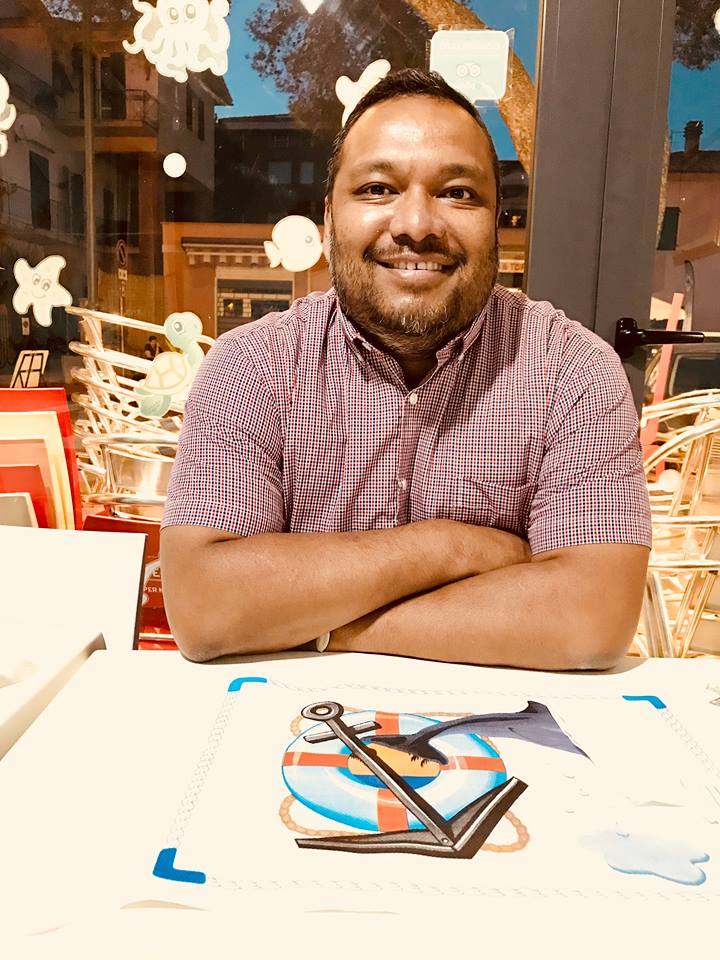Trans and hijra lives in times of COVID-19
In early 2020, Share-Net International launched a special round of small grants which were aimed at funding research projects that specifically centred on SRHR, gender equality and COVID-19. For this blog, Dr. Adnan Hossain, research associate at Vrije Universiteit Amsterdam, shares his experiences of being a small grant recipient and working on the small grant “Trans and hijra lives in times of COVID-19” which was completed in collaboration with Transgender Netwerk Nederland (TNN).
The research examines the impact of COVID-19 on the social and economic wellbeing of transgender communities in the Netherlands and Bangladesh, looking at the areas of economic stability, housing security, access to healthcare, and exposure to violence.
Conducting research in times of COVID
One of the most pressing challenges for this study was conducting research in times of COVID. Adnan explained that to carry out the research in the Netherlands, a student from the VU was hired to collect data. A call for participation was circulated publicly and 12 interviews were held online. In Bangladesh, two community members (one hijra-identifying and the other transgender-identifying) were hired and trained in research protocols for two weeks by Adnan. The researchers conducted a total of 20 interviews. For the research, Adnan stressed that it was integral to have a truly collaborative approach for this study.
Meaningfully engaging marginalised groups
This study used a collaborative approach which entailed the training and hiring of one hijra and one transgender woman to conduct the data collection within their community. Adnan shared that using a collaborative process like this, ensures the inclusion of the real experiences of the communities you are researching and allows an authentic voice but that it comes with its own difficulties. Adnan expressed that in order to work this way, you have to build strong friendships with the communities you are working with where trust is integral. In this particular case, Adnan has been working with hijra communities in Bangladesh for over twenty years and had previously established strong friendships. Adnan also shared the challenges he faced with conducting the research this way. He highlighted the bureaucratic difficulties faced, such as payment for the gender-variant researchers who originally did not have bank accounts and had to set ones up. Translation from Bangla to English was also a challenge in terms of time management. However, Adnan expressed that he was extremely happy to have carried out the research this way and highly encourages others to do the same.
In order to conduct more collaborative research, there needs to be further sharing of experiences from organisations and researchers who are using similar data collection and co-creation methodologies. Sharing experiences and best practices can help researchers prepare for the bureaucratic challenges that they may face. More sensitising of donors and institutions is also needed to share the difficulties of working with marginalised communities in order to improve the bureaucratic barriers that currently exist.
Looking at Share-Net International’s role in this, Adnan discussed with us how Share-Net could provide workshops on how researchers and members can meaningfully collaborate with marginalised groups and think through practical and conceptual issues which currently arise. It is also necessary to organise workshops for marginalised communities which teaches them knowledge management and research tools and skills.
Furthermore, SRHR is often still focused on cisgender and heterosexual groups and work needs to be done on broadening the scope and dedicating more focus to Sexual Orientation and Gender Identity Expression (SOGIE). Adnan shared that this small grant was a perfect opportunity to research an underfunded area and expressed that Share-Net could play a role in encouraging more innovative research on neglected communities and committing to funding these studies.
What next?
The research report is being finalised and Adnan hopes to organise two dissemination meetings, one in Bangla for Bangladeshi audiences and one in English for Dutch audiences. Keep your eyes peeled on Share-Net International’s website where you will be able to read the findings of Adnan’s research soon!
